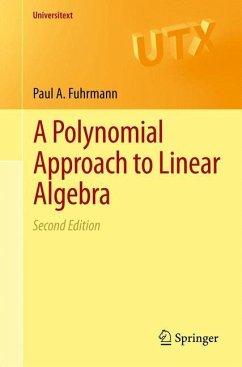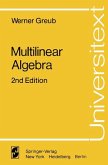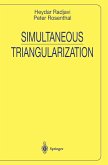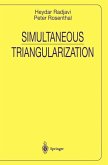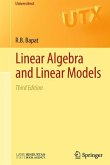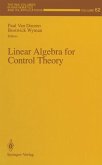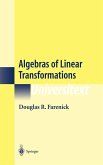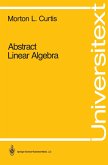A Polynomial Approach to Linear Algebra is a text which is heavily biased towards functional methods. In using the shift operator as a central object, it makes linear algebra a perfect introduction to other areas of mathematics, operator theory in particular. This technique is very powerful as becomes clear from the analysis of canonical forms (Frobenius, Jordan). It should be emphasized that these functional methods are not only of great theoretical interest, but lead to computational algorithms. Quadratic forms are treated from the same perspective, with emphasis on the important examples of Bezoutian and Hankel forms. These topics are of great importance in applied areas such as signal processing, numerical linear algebra, and control theory. Stability theory and system theoretic concepts, up to realization theory, are treated as an integral part of linear algebra.
This new edition has been updated throughout, in particular new sections have been added on rationalinterpolation, interpolation using H^{\nfty} functions, and tensor products of models.
Review from first edition:
"...the approach pursed by the author is of unconventional beauty and the material covered by the book is unique." (Mathematical Reviews)
This new edition has been updated throughout, in particular new sections have been added on rationalinterpolation, interpolation using H^{\nfty} functions, and tensor products of models.
Review from first edition:
"...the approach pursed by the author is of unconventional beauty and the material covered by the book is unique." (Mathematical Reviews)
From the reviews of the second edition: "This interesting and unusual text shows that the connections between linear algebra and polynomials go far deeper than this. ... This is certainly a linear algebra text with a distinct personality all its own. ... it can be used with profit by people interested in the special topics at the end ... or by good students in a graduate linear algebra course with a solid background in abstract algebra who are interested in learning the material in a rather nonstandard way." (Mark Hunacek, The Mathematical Association of America, May, 2012)

